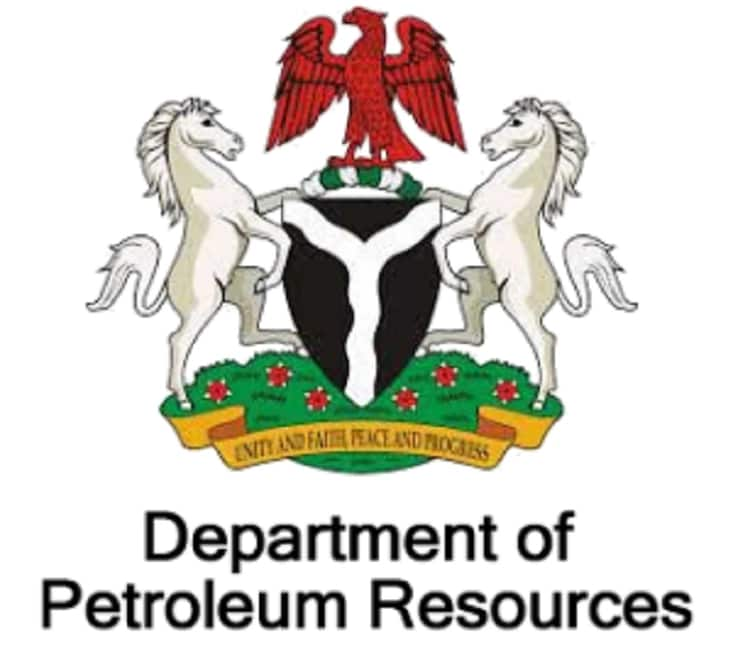The Department of Petroleum Resources, DPR, has resolved to closely monitor the operations of 14 indigenous oil and gas companies involved in managing Nigeria’s marginal fields in line with set standards and guidelines.
The companies are Oriental, Midwestern, Walter Smith, Niger Delta Petroleum, Green Energy/Lekoil, Network E&P, Platform, Pillar Oil, Prime Energy, Excel E&P, Frontier Oil, Suntrust, Oando and Energia Limited.
Consequently, the government will achieve set objectives, especially increased indigenous participation, local content and capacity building in the industry, previously dominated by International Oil Companies, IOCs.
The marginal fields were previously owned by the IOCs but left undeveloped before the Federal Government took over and placed them at the bosom of indigenous companies for development in the spirit of local content.
Specifically, they include Ebok, Umasadege and Ibigwe, currently producing 22,000 barrels, 12,000 barrels and 6,259 barrels per day, bpd, and operated by Oriental, Midwestern and Walter Smith respectively.
The fields include Ogele, Otakikpo, Qua Iboe and Ebendo, currently yielding 6,500 barrels, 6,000 barrels, 2,143 barrels and 2,100 bpd, belonging to Niger Delta Petroleum, Green Energy/Lekoil, Network E&P and Energia Limited, respectively.
They include Egbeoma, Umutesi, Assaramatoru and Eremor fields, currently producing 2,006 barrels, 1,500 barrels, 1,200 barrels and 700 bpd, owned by Platform, Pillar Oil, Prime Energy and Excel E&P respectively.
Other fields are Uquo, Umusadege and another, currently producing 520 barrels, 3,600 barrels and 15,000 bpd, owned by Frontier Oil, Suntrust and Oando, respectively.
Genesis
The DPR decided to pay more attention to the management of the fields following developments in Energia Limited, one of the leading indigenous oil and gas companies in Nigeria.
Investigations by Vanguard showed that the prolonged boardroom conflict in the company culminated in the exit of Mr. Felix Amieyeofori, its former Managing Director/CEO, in March, 2018.
A few weeks later, 11 personnel were also thrown out of the company, indicating that all is not well in one of the leading indigenous companies.
It also showed that many of its capital projects have either been suspended or rescheduled, apparently as a result of the company’s inability to fund them.
However, in the absence of a union, the affected workers took their cases to DPR, alleging many operational and management issues, including not only underpayment and favouritism but also undue interference of some board members in the internal affairs of the company as the main reasons for its relatively poor state.
DPR’s intervention
Consequently, the DPR, which has the mandate to issue licences, approval, permits, and regulations as well as monitor compliance in the industry, has directed Energia to respond to the various allegations made by the former workers.
Spokesman of DPR, Mr. Paul Osu, indicated in an email to Vanguard that: “A petition was received from some staff of Energia regarding their disengagement from the services of the company on claims of redundancy.
“In line with our statutory regulatory oversight of the oil and gas sector, DPR has requested Energia to respond to allegations by the petitioners within two weeks of receipt.”
Energia’s response
However, the response of the company to DPR remains unknown as Energia declined to comment on the issues, despite its awareness of the provisions of the nation’s Freedom Information Act.
Specifically, in an email to Vanguard, one of the company officials stated: “Unfortunately, we would not be able to grant an interview session on those topics at this time.”

